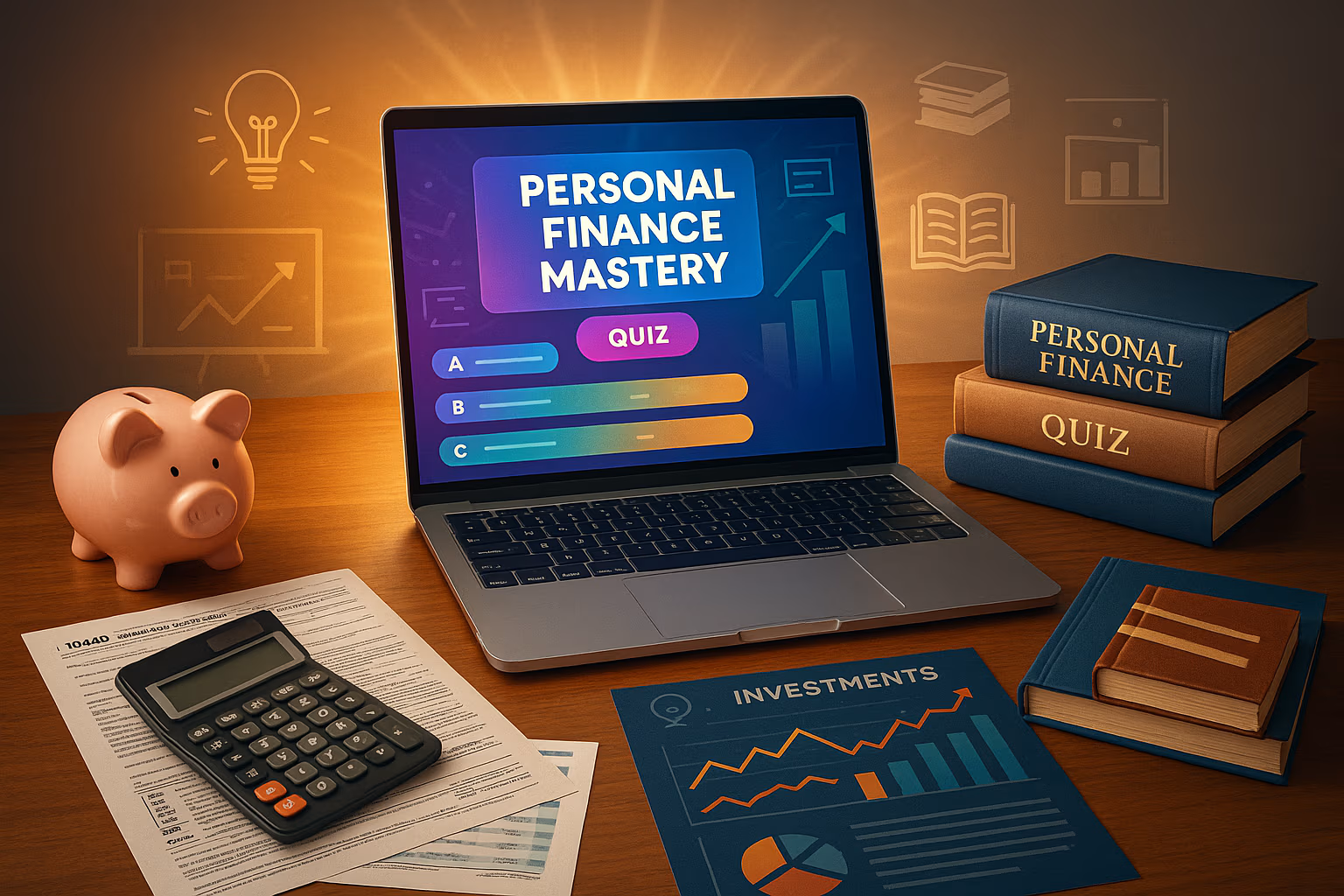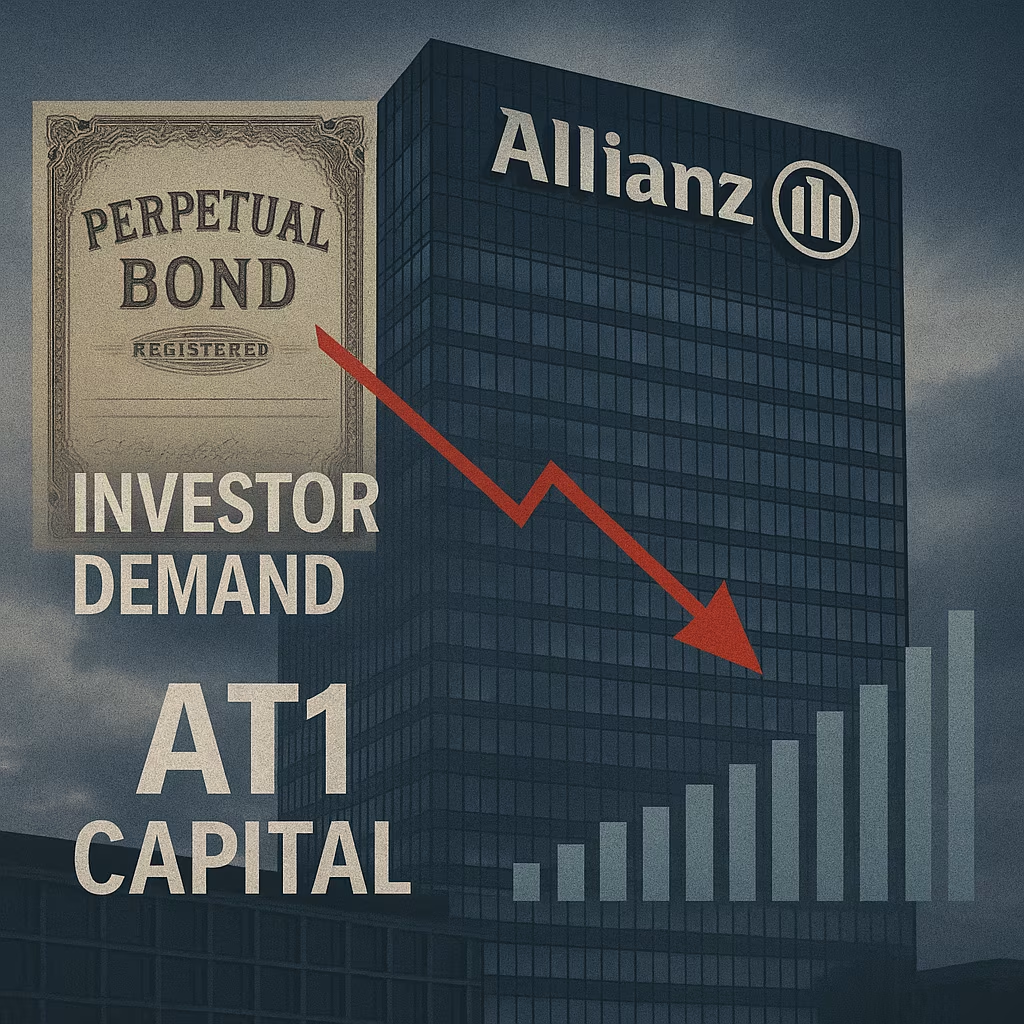In an age of online side hustles, digital wallets, crypto headlines, and interest rate swings, nearly everyone claims to know a thing or two about managing money. But how deep does your financial knowledge really go? A new wealth encyclopedia—presented in an interactive, quiz-style format—is challenging users to move beyond basic budgeting advice and into the world of comprehensive financial literacy.
More than just another finance blog or budgeting app, this digital guide doubles as a self-assessment tool. It’s designed to help you uncover blind spots, correct common misconceptions, and empower you to make smarter decisions—from saving and investing to insurance, taxes, and even estate planning. So if you think you know your net worth from your asset allocation, it’s time to put that confidence to the test.
Here’s what makes this new wealth encyclopedia different—and why you should take the challenge, no matter where you are on your financial journey.
Why Financial Literacy Still Lags Behind
Despite endless books, podcasts, YouTube channels, and TikToks about money, studies show that most Americans struggle with financial literacy. According to a recent FINRA report, nearly two-thirds of U.S. adults can’t pass a basic five-question quiz on inflation, interest rates, and credit.
Part of the problem is that most financial advice is either too general or too niche. People get trapped in extremes—either drowning in generic “skip the latte” clichés or overwhelmed by jargon about derivatives and ETFs. The result? Poor financial decisions that accumulate over time and hold people back from real wealth-building.
That’s where the quiz-style encyclopedia comes in.
The Wealth Encyclopedia: A Gamified Guide to Smarter Money
This fresh digital platform breaks down complex personal finance concepts into digestible chapters, each ending with a short quiz to reinforce what you’ve learned. Think of it as a hybrid between a textbook and a trivia game, designed to keep you engaged and motivated.
Topics include:
- Budgeting 101: Beyond spreadsheets—understanding cash flow, fixed vs. variable costs, and automation tools
- Saving & Emergency Funds: How much is enough, and where should you store it?
- Credit & Debt: Mastering credit scores, interest rates, and responsible borrowing
- Investing Basics: From compound interest to index funds and risk tolerance
- Insurance Literacy: Health, auto, life—what coverage do you actually need?
- Taxes: Demystifying deductions, brackets, and filing statuses
- Retirement Planning: IRAs vs. 401(k)s, contribution strategies, and when to start
- Estate Planning: Wills, power of attorney, and passing on wealth wisely
Each section ends with a set of questions tailored to real-life situations, making the experience feel more like a brain workout than a dry lecture.
Sample Questions to Test Your Skills
To give you a taste, here are a few sample prompts from the quiz that test your money smarts:
- Which type of retirement account offers tax-free withdrawals in retirement?
a) Traditional IRA
b) Roth IRA
c) SEP IRA
d) 401(k) - If your credit card has an APR of 18%, how much interest would you pay annually on a $1,000 balance if unpaid?
a) $18
b) $180
c) $1,800
d) $100 - True or False: Having multiple credit cards will always lower your credit score.
- What percentage of your monthly income should ideally go toward housing costs (rent or mortgage)?
a) 10%
b) 20%
c) 30%
d) 50%
The answers? (1) b, (2) b, (3) False, and (4) c.
If you got those right, you’re already ahead of the curve. If not—don’t worry. That’s the point of the tool: to learn, adapt, and improve.
What Makes This Quiz Format Effective
Educational psychologists have long emphasized the power of active recall and spaced repetition in mastering complex topics. Simply put, you learn better by being tested on the information rather than just reading it passively. The wealth encyclopedia uses these proven techniques by reinforcing each lesson with quiz elements.
Gamifying personal finance also introduces an element of accountability and fun, both of which are often missing in traditional financial education. Instead of dreading the topic, users feel motivated to level up and “beat” their last score—much like a video game.
In addition, the encyclopedia adapts to different learning styles. Visual learners can absorb through infographics and charts, while others can read quick summaries or listen to audio explanations.
Who Should Use It?
While it’s great for beginners, this wealth encyclopedia is not just for newbies. It offers intermediate and advanced tiers for those already managing investments, working with financial advisors, or preparing for early retirement. Whether you’re a college student trying to pay off loans or a working professional planning a major purchase, there’s something in it for you.
Even people who think they have their financial life in order often discover gaps they didn’t know existed—from underinsured assets to poorly optimized tax deductions.
How It Can Save (or Earn) You Money
Let’s be clear: Financial literacy isn’t just about knowledge. It’s about results. Mastering personal finance helps you:
- Avoid high-interest debt traps
- Maximize your savings through better budget habits
- Identify investment opportunities and compound growth
- Pay fewer taxes through legal strategies
- Choose better insurance coverage at lower cost
- Avoid common estate planning mistakes that can cost your heirs
Over a lifetime, these decisions can result in hundreds of thousands of dollars in retained or earned value. In this sense, investing time in financial education offers returns far greater than most short-term investments.
The Future of Money Management Starts with You
Financial literacy is not a luxury—it’s a life skill. As the economy becomes more complex and digitized, your ability to navigate the world of money will directly affect your freedom, security, and opportunities.
This new wealth encyclopedia quiz isn’t just a tool—it’s a mirror. It shows you what you know, what you don’t, and where you can grow. So whether you’re just starting out or already managing a portfolio, take the test. The more you know, the more you keep.





